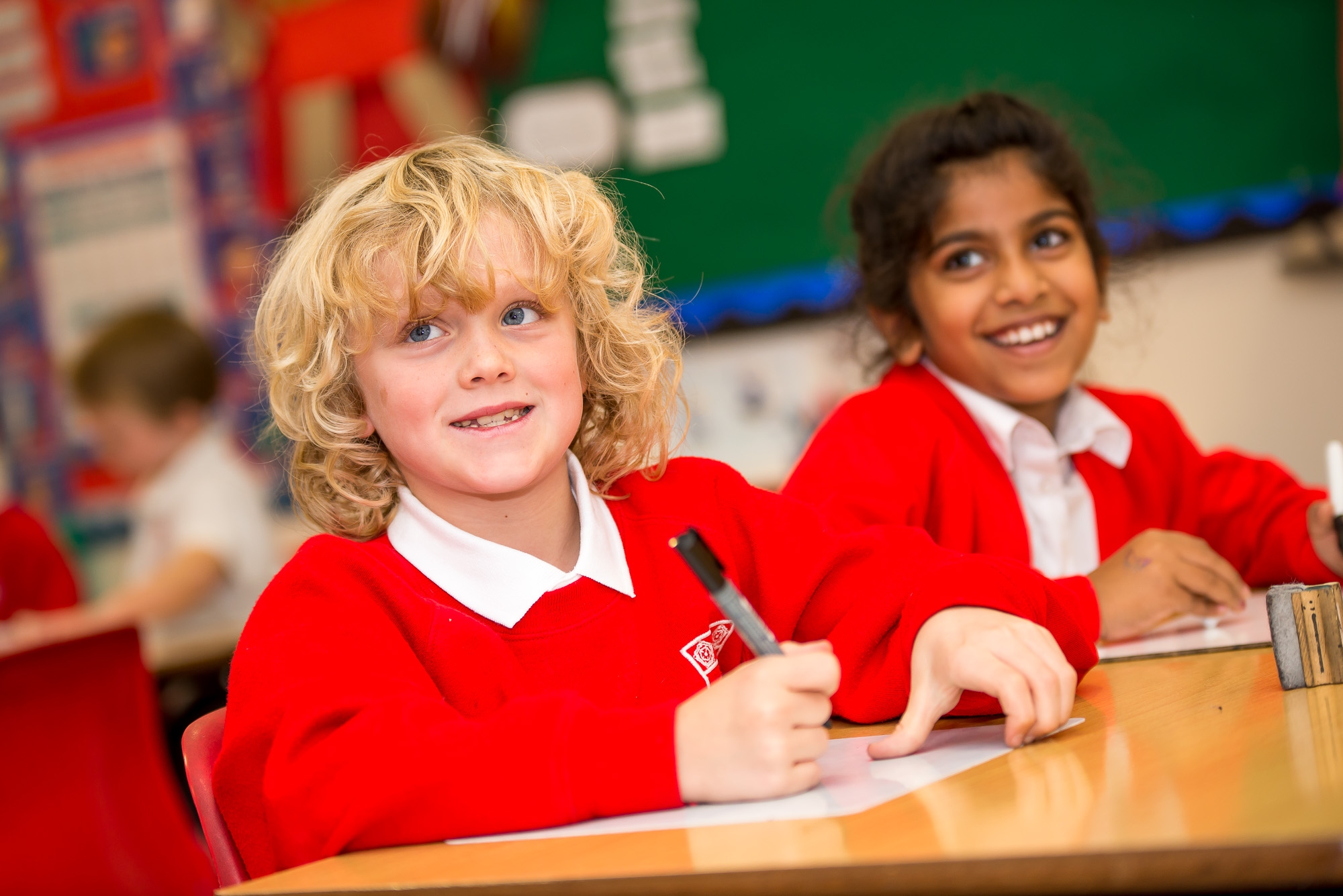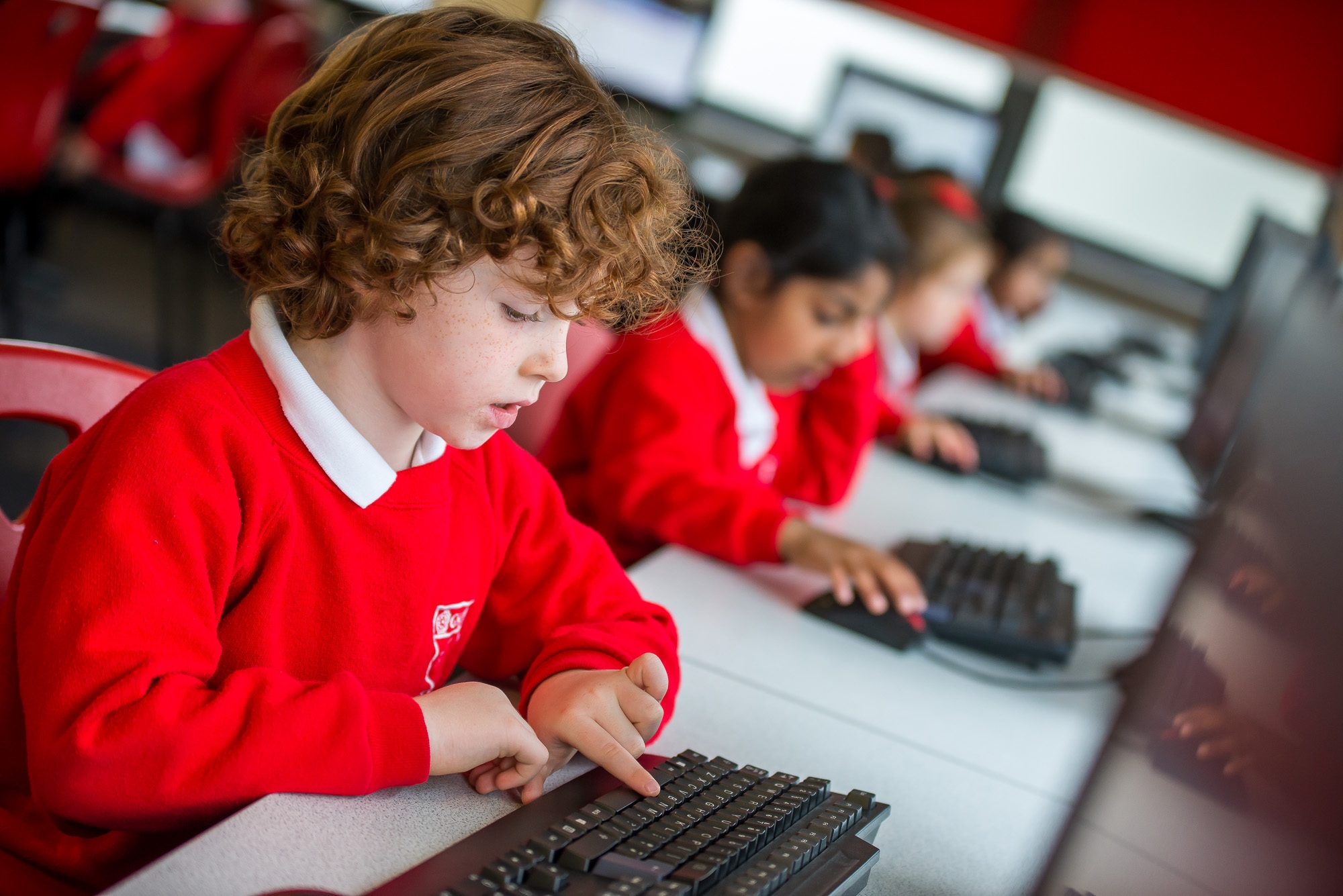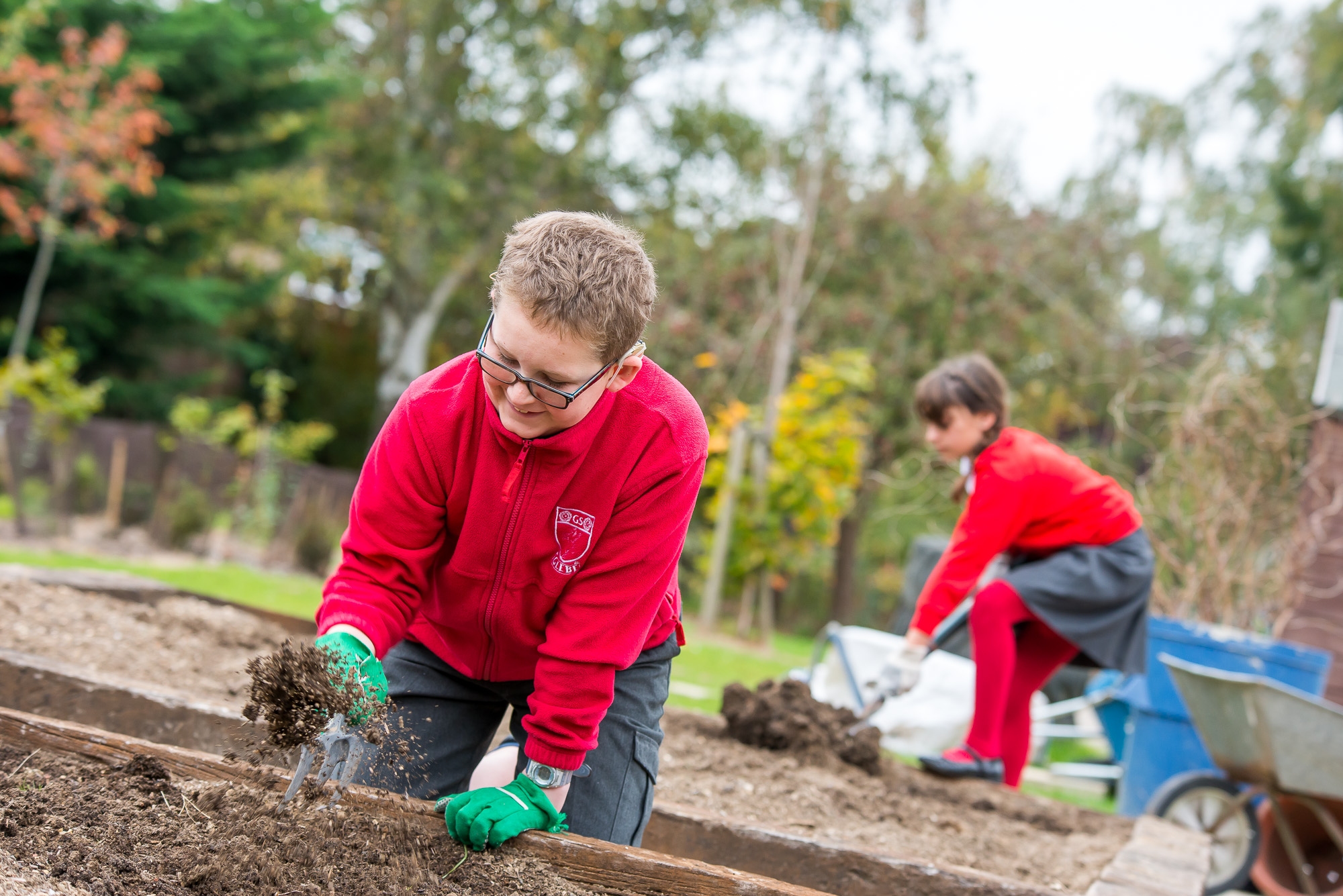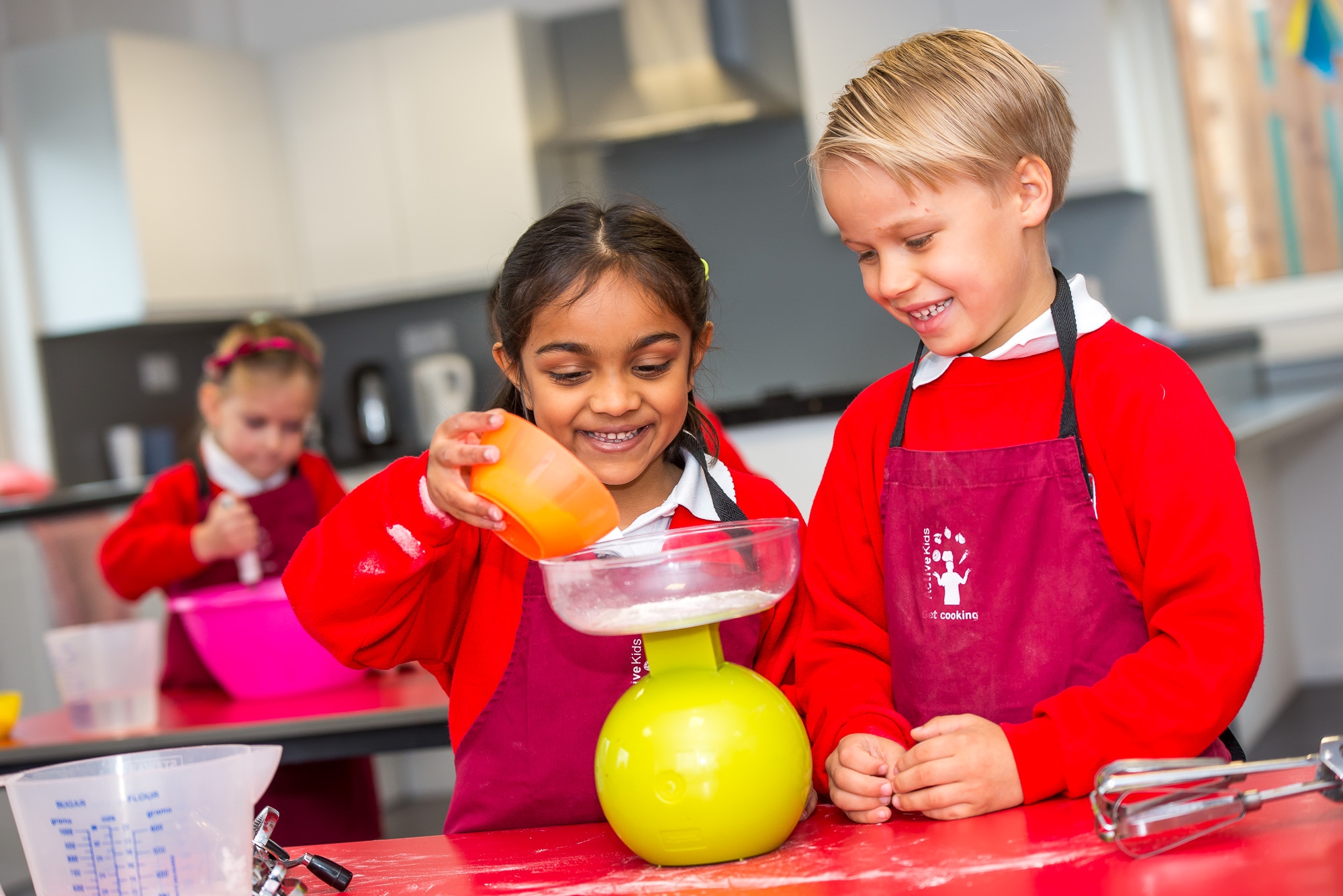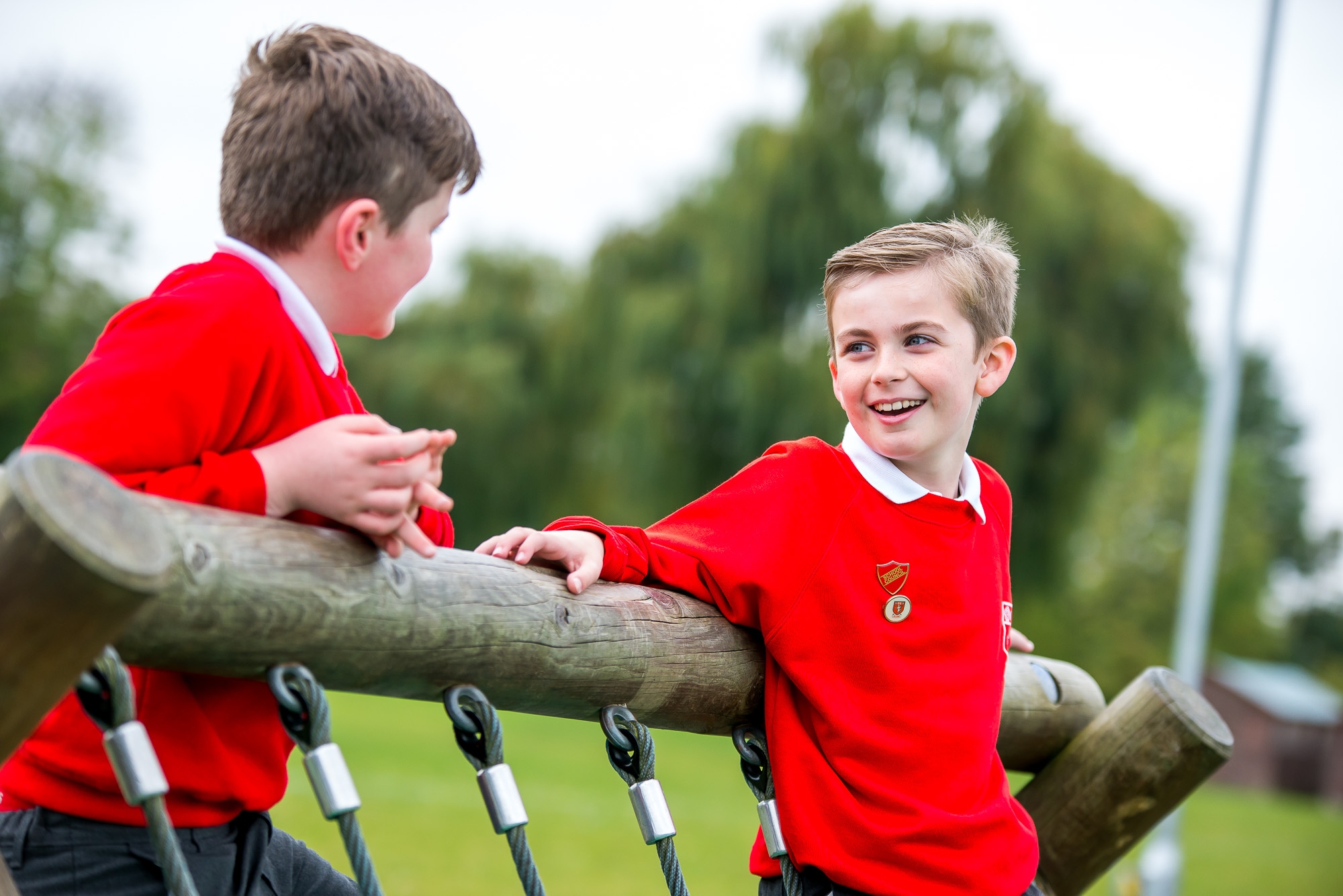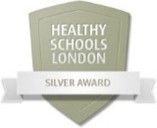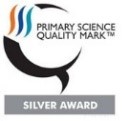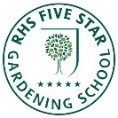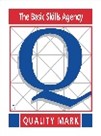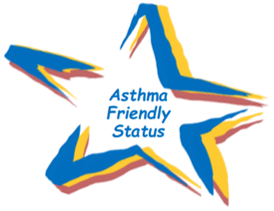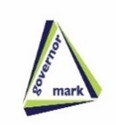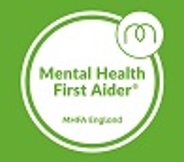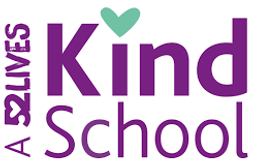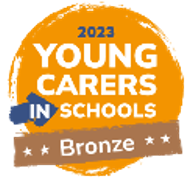At Glebe Primary School, we believe in an ethos that values the whole child. We strive to enable all children to achieve their full potential academically, socially, and emotionally.
The Education Act 2002 requires all schools to teach a curriculum that is ‘broadly based, balanced and meets the needs of pupils’. Schools must ‘promote the spiritual, moral, cultural, mental and physical development of pupils at the school and of society, and prepare pupils at the school for the opportunities, responsibilities and experiences of later life’ while having a duty to keep children safe.
Personal Social Health Economic education (PSHE) helps children and young people to stay safe, healthy, and prepared for life’s challenges and opportunities.
At Glebe we believe that PSHE stands at the foundation of a child’s academic learning. Research shows that children who are emotionally healthy do better at school. Our PSHE programme aims to assist the children and young people to prepare for adult life by supporting them through their physical, emotional, and moral development, and helping them to understand themselves, respect others and form and sustain healthy happy relationships. We support the children’s wellbeing and tackle issues during our lessons that can affect their ability to learn, such as anxiety and unhealthy relationships. At Glebe we provide PSHE education that helps our pupils develop skills and aptitudes that are crucial to navigating the challenges and opportunities the modern word.

At Glebe, we follow the Jigsaw programme of study for our PSHE lessons. Jigsaw is a whole-school approach and embodies a positive philosophy and creative teaching and learning activities to nurture children’s development as compassionate and well-rounded human beings as well as building their capacity to learn.
Jigsaw is a comprehensive and completely original PSHE Education programme (lesson plans and teaching resources) for the whole primary school from ages 3-11 (12 in Scotland). Written by teachers and grounded in sound psychology, it also includes all the statutory requirements for Relationships and Health Education, and Sex Education is also included in the Changing Me Puzzle (unit).
Jigsaw has two main aims for all children:
• To build their capacity for learning
• To equip them for life
Jigsaw brings together PSHE Education, compulsory Relationships and Health Education, emotional literacy, mindfulness, social skills and spiritual development. It is designed as a whole school approach, with all year groups working on the same theme (Puzzle) at the same time at their own level. There are six Puzzles (half-term units of work) and each year group is taught one lesson per week. All lessons are delivered in an age- and stage-appropriate way so that they meet children’s needs.
Each Puzzle starts with an introductory assembly, generating a whole school focus for adults and children alike.


Jigsaw is sequential. The six puzzles (units) starting with 'Being Me in My World' (BM) at the beginning of the school year and working through to the end of the year:
- BM (Being Me in My World)
'Who am I and how do I fit?' - CD (Celebrating Difference)
Respect for similarity and difference. Anti-bullying and being unique - DG (Dreams and Goals)
Aspirations, how to achieve goals and understanding the emotions that go with this - HM (Healthy Me)
Being and keeping safe and healthy - RL (Relationships)
Building positive, healthy relationships - CM (Changing Me)
Coping positively with change
Each puzzle has six lesson plans accompanied by all of the teaching and learning materials needed to deliver them.
Jigsaw Charter
The behaviours of the Jigsaw Charter will be reflected in the whole-school Learning Charter developed in Being Me in My World and will permeate the school community, acting as the ‘cradle’ (think ‘boat cradle’) to hold children as they grow and learn.
The children are referred-back to their charter during all Jigsaw lessons.
Calm Me

Jigsaw PSHE is the mindful approach to PSHE. Throughout every year group, at the beginning of each lesson (Piece) there is a Calm Me time, which is designed to teach children techniques to relax their bodies and calm their minds. This is being used to great effect and impacting positively on children’s ability to concentrate, to connect well with each other and most importantly to be more aware of and better able to manage their feelings and thought processes.
British Values
The British Values are promoted through the use of the Jigsaw Learning Charter which is shared at the beginning of every Jigsaw PSHE lesson. The Learning Charter is child-centred and aims to encourage children to work together and follow a set of ‘ground rules’ to create a safe, positive learning environment. The behaviours of the Jigsaw Charter are reflected in the whole-school Learning Charter developed in the first puzzle of the year (Being Me in My World), and will consequently permeate the school community, supporting children as they grow and learn. The Learning Charter supports the work that is going to happen in each Jigsaw lesson.
All the British Values - Democracy, Rule of Law, Mutual Respect, Individual Liberty and Tolerance of those of Different Faiths and Beliefs - are most clearly reflected in the first three Puzzles every year, but are also reflected in other later teachings, particularly the Relationships Puzzle. In the progression documents below, you can see where empathy, democracy, respect, explicit British Values (in Being Me in My World), equality, respecting differences, the roles of different people in our societies and the different communities that we are all part of – are all taught.
RSHE
Jigsaw PSHE is fully compliant with the DfE Statutory Relationships & Health Education Guidance. The following detailed RSHE Overview Grid shows which lessons contribute to each of the statutory RSHE outcomes (for England) across all 6 Jigsaw Puzzles, ages 5-11 (for 2019 not 2025). They are currently being updated to reflect the new 2025 RSHE guidance for England, which becomes statutory in September 2026.

